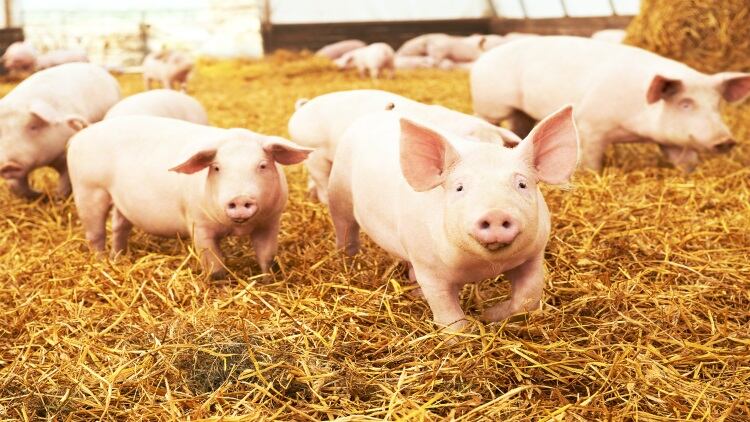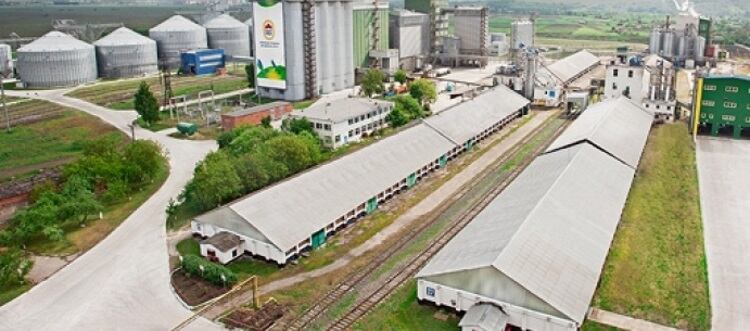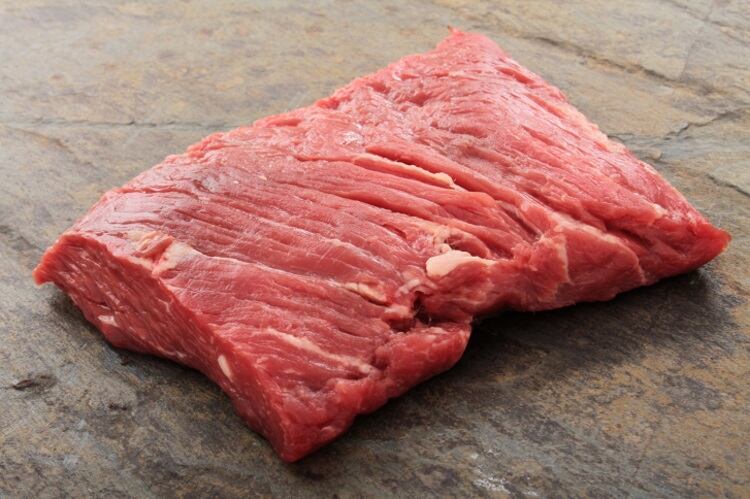The report was unveiled by Dr Jane Downes MRCVS, chair of the PHWC, at this year’s Great Yorkshire Show.
The biennial report (2017-2018) details the PHWC’s achievements from the past two years and highlights priorities for the coming year.
During the past two years, the council has taken a new approach to managing projects, holding workshops and developing smaller, manageable programmes of work.
One such workshop resulted in Exercise Trent, a disease simulation exercise held to test the contingency plan for dealing with an outbreak of Porcine Epidemic Diarrhoea virus (PEDv). The exercise was implemented primarily by the Agriculture and Horticulture Development Board (AHDB), with support from the Animal and Plant Health Agency (APHA).
Other programmes of work have focused on topics such as African Swine Fever (ASF), LA-MRSA and hepatitis E, and the council has also had a wider involvement in the tail-biting action group and Defra’s revised code of practice for pig welfare.
Antibiotic reduction
The report detailed another industry achievement that the PHWC has contributed to, the considerable advances in reducing antibiotic usage in pigs. The group continues to support the industry to reduce antibiotic use again to 110 mg/PCU in 2018. This represents a further 16% reduction on 2017 figures and edges closer to the 2020 industry target of 99 mg/PCU.
Looking ahead
In the report, PHWC identified six themes, which the wider industry is being consulted to ensure the council can be confident they have identified the correct route. These themes are: partnership working with those in the pig industry and other farm animal sectors and maintain and extend disease surveillance; reduce, control or eliminate endemic disease, including those with food safety implications, with the aim of reducing the need for the use of antibiotics.
Other themes include the use of data and new technologies; provide evidence that all production systems provide for physical and mental wellbeing and promote professional skills.
Dr Downes said: “The council recognises that many of the challenges faced by the industry in 2017 and 2018 will continue to be of importance in 2019 and 2020, including the threat of disease, welfare issues, zoonotic diseases and antibiotic resistance.
“We will be working with the pig industry to update the 20:20 vision to take the industry forward to 2030. We aim to secure a sustainable and profitable industry which has the ability to invest in new technologies, disease-control measures and high welfare standards in all production systems, meeting the requirements of both present customers and new markets.”




